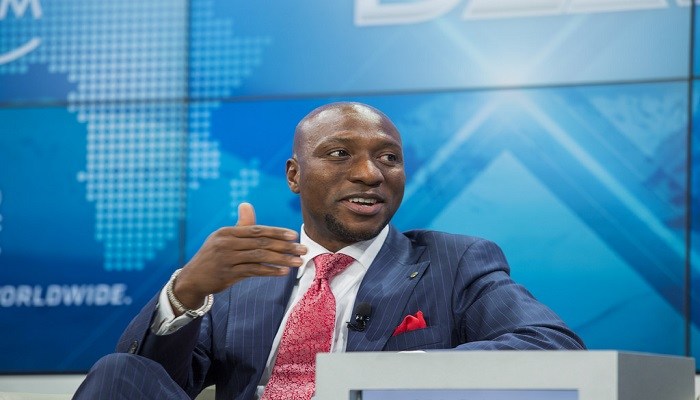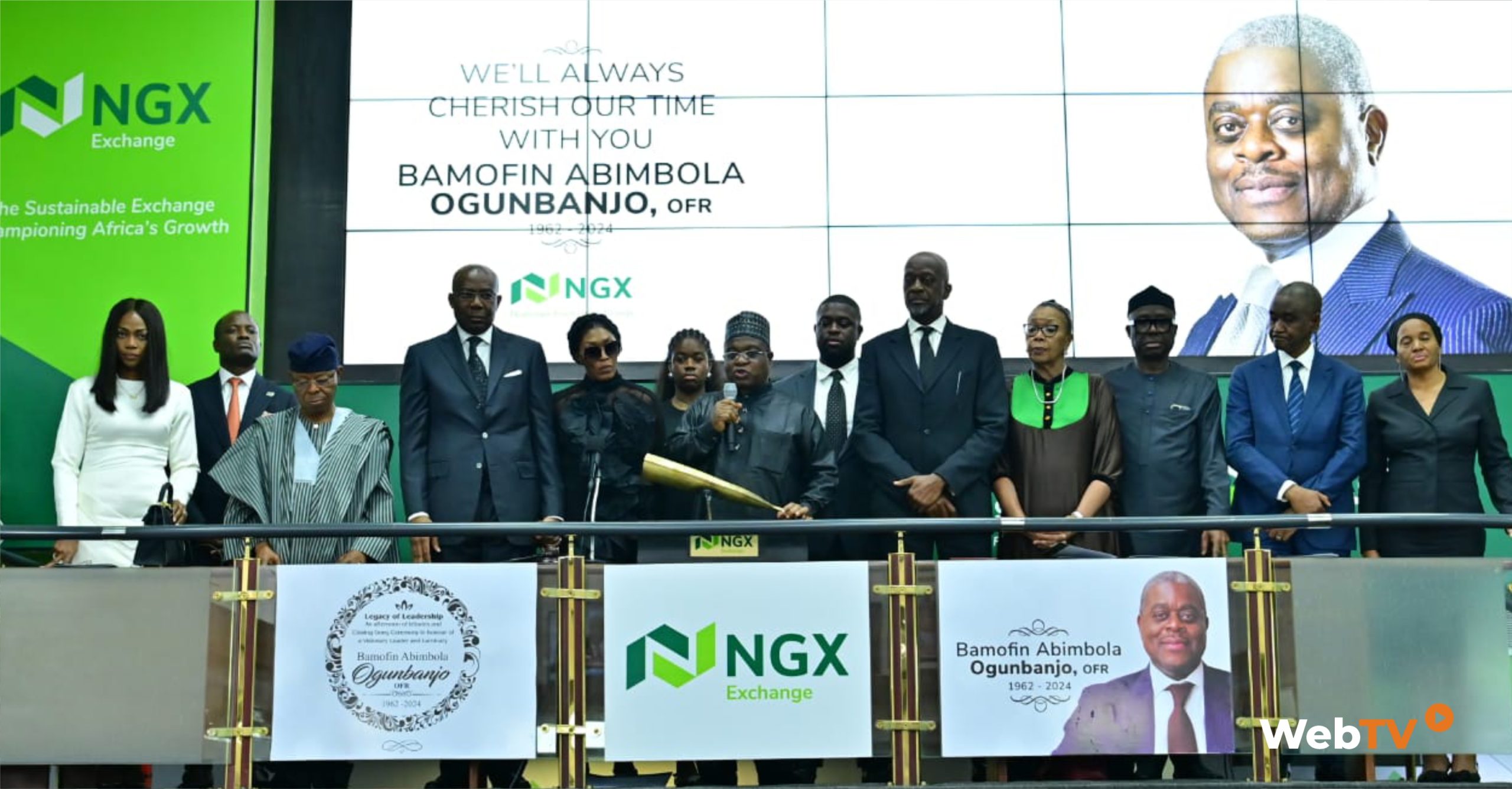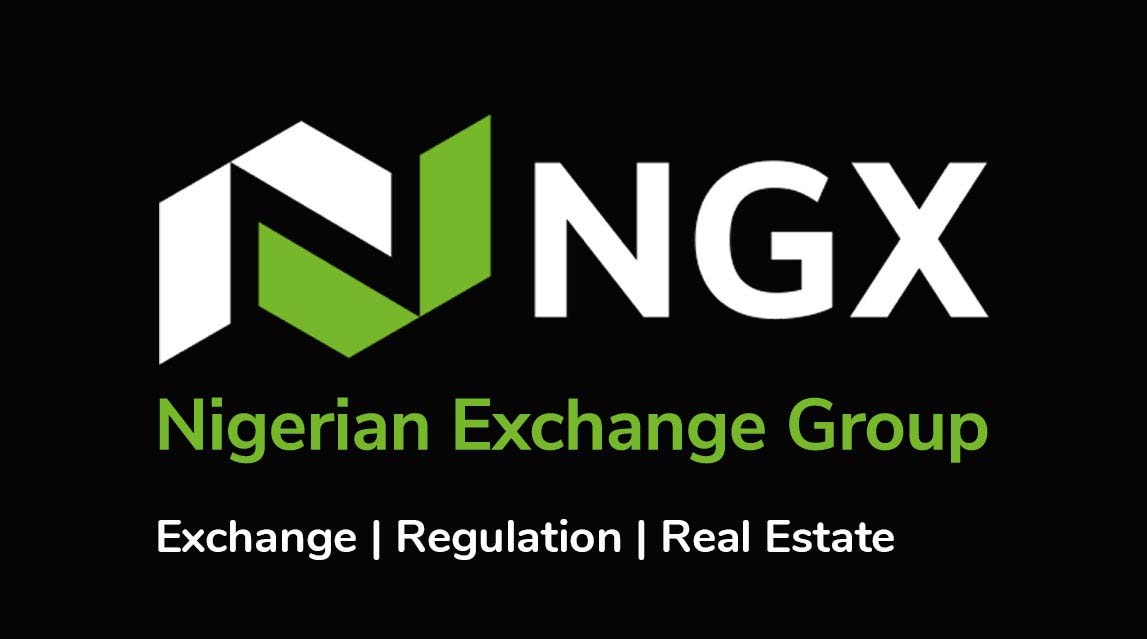Finance
SEC extends recapitalisation deadline for market operators

ABUJA-The Securities and Exchange Commission has extended the deadline for the re-capitalisation of capital market operators by nine months to September 30, 2015.
The commission made this known in a notice on Monday, citing recent economic developments as the reason for the decision to shift the deadline from December 31, 2014.
SEC explained that the decision was taken after its Board met on December 22 to review the status report on the level of compliance with the new minimum capital
requirement.
SEC, which said its Board expressed satisfaction with the efforts made by all operators, particularly those who had complied with the new requirements, noted that 262 capital market operators had so far met the new capital requirement.
They comprise issuing houses, brokers/dealers, corporate investment advisers, fund managers and underwriters.
While it commended the commitment of all stakeholders to building a world-class capital market for the country, the regulator said, “The Board, however, took cognisance of the effect of the global economic situation and approved an extension of the deadline for compliance with the new minimum capital requirements by nine months, to September 30, 2015.”
The decision followed sustained clamour by operators for the extension of the deadline, which was announced in December 2013.
Under the new guideline, the capital requirement for brokers/dealers was increased from N70m to N300m. That of brokers was raised to N200m from N40m, while that of dealers was hiked to N100m from N30m.
The minimum capital requirement for issuing houses was increased from N150m to N200m, while that of underwriters was raised from N100m to N200m. Registrars saw their minimum capital requirement increased to N150m from N50m, while the requirement for trustees was increased to N300m from N40m. Rating agencies were not left out as their minimum capital requirement was increased to N150m from N20m.
However, as the deadline approached, most of the operators called for an extension, stressing that insisting on the deadline and withdrawing the licences of those who fail to meet the deadline would throw the market into crises, especially as it had performed poorly this year.
The reasons cited for the demand included the dwindling prices of crude oil and the impact on the economy, especially the forced devaluation of the naira and the hike in interest rates.
The operators, who also argued that the new capital requirements was a major increase on the old ones, also pointed out the fact that equities had depreciated significantly in value as investor sentiments had been negative for most of the year due to political and economic concerns.
This, they explained, meant that people were not ready to invest in the market. Rather, foreign portfolio investors, who dominate the market, were pulling out their investment.
A stockbroker, who asked not to be named had said, “The situation in the market is not positive at the moment. A portfolio that had not eroded much before now has now eroded by more than 25 per cent. So, if by June you had N300m, now you have about N240m.
“Insisting on the December 31 deadline will not do any other thing to the market other than to kill it vis-à-vis the state of the economy. We have a situation where the government is introducing austerity measures to alleviate the hardship expected.”
Reacting to the extension of the deadline, the President, Association of Stockbroking Houses of Nigeria, Mr. Emeka Madubuike, who had earlier confirmed that member firms were seeking an extension of the deadline, thanked the commission for reconsidering its position.
PUNCH-
Banking
CBN Denies Currency Devaluation

The Central Bank of Nigeria (CBN) has refuted claims of devaluing the.
Earlier reports suggested that the CBN had devalued the Naira, lowering its exchange rate from N631 to the dollar, compared to the previous day’s rate of N461.60 at the Importers and Exporters (I&E) window.
However, the Central Bank of Nigeria (CBN) released a statement on Thursday through its Acting Head of Corporate Communications, Dr. Isa Abdulmumin, categorizing the report as false information.
In the statement titled ‘CBN Has Not Devalued The Naira’, he said the attention of the apex bank was drawn to the news report by an Abuja based newspaper edition of June 1, 2023, titled “CB Devalues Naira To 630/51”.
However, the CBN stated categorically that the news report was replete with outright FALSEHOODS and destabilizing innuendos, ‘reflecting potentially willful ignorance of the said medium as to the workings of the Nigerian Foreign Exchange Market.’
“For the avoidance of doubt, the exchange rate at the Investors’ & Exporters (I&E) window traded this morning (June 1, 2023) at N465/USS1 and has been stable around this rate for a while.
“The public is hereby advised to ignore the news report by Daily Trust in its entirety, as it is speculative and calculated at causing panic in the market,” the CBN spokesman added.
He, therefore, advised media practitioners to verify their facts from the Central Bank of Nigeria before publishing in order not to misinform the public.
Banking
BREAKING: CBN Increases Interest Rate By 0.5%

The interest rate in Nigeria has been raised to 18.5 percent, up by 0.5 percent, from 18 percent where it was pegged in March 2023.
The Central Banks of Nigeria’s (CBN) Monetary Policy Committee (MPC) resolved to this effect at its third meeting of 2023 in Abuja, on Wednesday.
Governor, CBN, Godwin Emefiele, made the disclosure in the communiqué of the MPC’s meeting, thereafter.
While engaging the media at the end of the two-day meeting, Emefiele, said the committee voted to keep the asymmetric corridor at +100 and -700 basis points around the MPR.
In the view of the MPC, rising inflation rate is traceable to the high energy cost and challenges around the supply chain, among others, which lie outside the corridors of the CBN.
Emefiele said, “The current trend in price development would continue to be monitored by the bank with greater collaboration with fiscal authority to address the drivers of inflation.”
Biztellers reports that the CBN had effected six consecutive interest rate increases, which has seen the rate move from 11.5 percent in March 2022 to 18.5 percent in May 2023.
Finance
Dangers Lurk As Nigerians Resort To Refurbished Gas Cylinders

In Nigeria, people have been forced to come up with creative solutions to cope with the effects of inflation and the economic crisis.
These improvised strategies have not only helped individuals save money, but also enabled them to stay afloat during difficult times.
In a concerning development, the recent trend of boycotting the high cost of cooking gas cylinders in Nigeria may pose a greater risk to lives than it does in terms of saving money.
Economy&Lifestyle investigations have revealed that the soaring prices of gas cylinders have reached a point where it has become increasingly challenging for average households to afford them, let alone refill them with gas.
The situation is further exacerbated by the fact that the pump price of kerosene, which would typically serve as an alternative, has become prohibitively expensive.
Upon investigation, it was found that the prices of gas cylinders vary depending on their sizes. A 3kg gas cylinder is priced at N14,000, while a 5kg cylinder costs N16,000. The larger cylinders are even more costly, with a 6kg cylinder priced at N17,000 and a 12.5kg cylinder costing N19,000.
Additionally, the expense continues when it comes to filling these cylinders with cooking gas, as it costs N2,600 for a 3kg cylinder, N5,200 for a 6kg cylinder, N8,950 for a 10.5kg cylinder, and N10,650 for a 12.5kg cylinder.
Consequently, an average household that needs to replace a worn-out 5kg cylinder would have to come up with N20,250 to purchase a new cylinder and fill it with gas, which can be a difficult feat to achieve.
As a result, many people have resorted to refurbishing their old cylinders and trying to use them as best as they can. However, this approach poses a significant danger.
Mrs. Rukayat Adesoji, a trader, shared her experience regarding her gas cylinder, which had become rusted and could no longer stand upright since last month. Due to the exorbitant prices of purchasing new cylinders, she resorted to seeking the assistance of a welder.
The welder patched the legs of the cylinder, repainted it, and ever since then, she has been using the refurbished cylinder for her cooking needs.
She said ““My gas cylinder which was 6kg got rusted and no longer stands erect since last month. When I asked for the price, I was told it was N17, 500. I was discussing it with a friend who advised me to take it to a welder to paint it and construct a new stand. I heeded to her advice and at the end spent just N3, 000 to turn my cooking gas to a brand new.”
Apart from refurbishing cylinders, some people don’t even know when their cylinders will expire. Mrs. Mercy Opara, a hair stylist, falls in that category as she explained: “I am taking my gas cylinder to the welder to spray it for me. It just cost N1, 500.
“The cost of buying a new cylinder is high. I have been using my cylinder for over 7 years and I don’t even know the expiry date. I just pray God blesses me so that I can buy a new one. But this one I am managing will look neat after spraying it for another two years.”
Mr. Adekanbi Joseph, a wielder, said he paints cylinder and “To paint and rebuild a cylinder stand, I charge N4, 500. Many people come here to paint as a new cylinder is now very expensive to get.”
Highlighting the potential dangers of using refurbished cylinders, Mr. Benjamin Hope, the Chief Executive Officer of FKT Cooking gas and general goods, emphasized the risks involved.
He stated that even a brand new cylinder can pose a risk of explosion if the locks are not properly secured after use or if the cylinder filled with gas is moved from one location to another.
He said “A brand new cylinder can explode if the locks are not well keyed after using and if the cylinder filled with gas was moved from one place.
“There are many reasons for the high cost of gas cylinders in Nigeria. One is the cost of importation due to the exchange rate. Another is the increased migration from the use of kerosene to cooking gas which has necessitated increased demand for gas cylinders. You know that in such a case there will be increased importation of cylinders.”he added

















